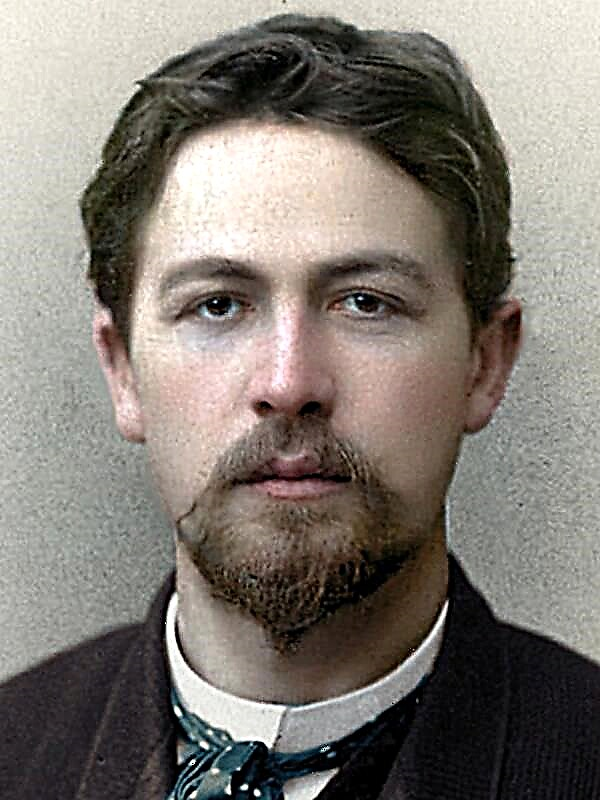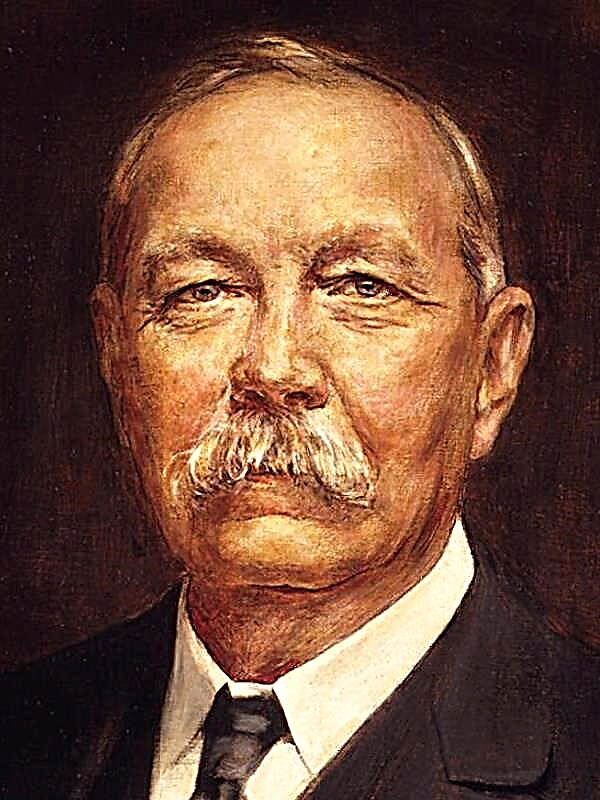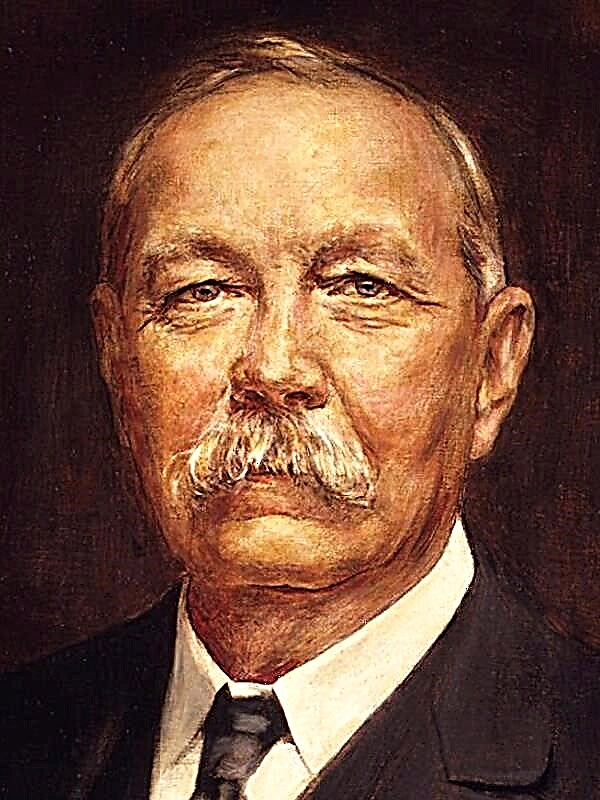Share
Pin
Tweet
Send
Share
Send
Here are the most relevant issues related to compassion, which are addressed in the texts of the exam versions in the Russian language. Arguments relevant to these issues can be found under the headings located in the content. You can also download a table with all of these examples.
Compassion for animals
- An example of mercy to animals clearly demonstrates the work Yuri Yakovlev "He killed my dog". A boy, Sasha (nicknamed Tabor), in a conversation with the school principal, talks about the dog he had abandoned by the previous owners, which he picked up. In the dialogue, it turns out that Sasha was the only one who was not indifferent to the life of a stray animal. However, no one was tougher with the dog than the father of the boy. He - as Sasha calls his father - killed the dog while he was not at home. For a compassionate child, this cruel and unjust act was a psychological blow, the wound from which will never be healed. However, we can reflect on how great the power of his sympathy is, even if such family relations did not eradicate his ability to give a helping hand.
- Gerasim, the hero, showed true mercy to the animal the story of I.S. Turgenev "Mumu". He saved a little dog stuck in river mud. With great trepidation, the hero nurses a small defenseless creature, and thanks to Gerasim Mum, he turns into a "good dog". The deaf-mute janitor greatly fell in love with the animal he saved, and Mumu answered him in the same way: she ran after him everywhere, caressed and woke him in the mornings. The death of Mumu left an indelible mark on the hero’s soul. He was so painfully worried about this event that he was never able to love anyone again.
Effective and Passive Compassion
- The authors of many works that have entered the world and national classics endow their heroes with values that correspond to the ability to compassion. Leo Tolstoy in the novel "War and Peace" gives her beloved heroine, Natasha Rostov, not only compassion, but also kindness, a desire to help those in need. In this regard, a scene is illustrative in which Natasha asks her father to sacrifice the property of their family in order to take the wounded out of besieged Moscow on carts. While the governor of the city rushed with pathos, the young noblewoman helped fellow citizens not in word but in deed. (Here are some more arguments about compassion from War and Peace)
- Sonya Marmeladova in the novel F.M. Dostoevsky's "Crime and Punishment" it is out of compassion that he sacrifices his own honor and suffers for the poor children of Katerina Ivanovna. The young girl is endowed with the gift of empathy for the pain and need of others. She helps not only her family, the drunkard father, but also the main character of the work - Rodion Raskolnikov, showing him the path to repentance and atonement. Thus, the heroes of Russian literature, endowed with the ability to sympathy and mercy, at the same time demonstrate their willingness to sacrifice themselves.
Lack of compassion and its consequences
- Essay by Daniil Granin "On Mercy" reveals this problem. The hero tells that he fell near his house in the city center, and not a single person helped him. The author, relying only on himself, rises and goes to the nearest staircase, and then home. The story that happened to the narrator prompts him to think about the reasons for the insensibility of passers-by, because not even a single person asked him what happened to him. Daniil Granin discusses not only about his case, but also about doctors, about stray dogs, about the poor. The author says that the feeling of compassion was strong in the war and post-war years, when the spirit of unity of the people was especially strong, but gradually disappeared.
- In one from letters of D.S. Likhacheva to young readers, the author discusses compassion as a concern that grows with us from childhood and is a force that unites people. Dmitry Sergeyevich believes that caring for a person directed only at himself makes him an egoist. The philologist also argues that compassion is inherent in moral people who are aware of their unity with humanity and the world. The author says that humanity cannot be corrected, but it is possible to change oneself. Therefore D.S. Likhachev acts on the side of active good. (Here are some more suitable arguments about indifference and compassion).
Self-sacrifice of mercy
- In the story "Matryonin Dvor" of the Russian writer A.I. Solzhenitsyna in the image of Matryona, the concept of sacrifice and altruism is embodied. All her life Matrena lived for others: she helped neighbors, worked on a collective farm, and did hard work. The chambermaid episode reveals the highest degree of her willingness to sacrifice her for the good of others. The heroine loved her house very much, the narrator said that for Matryona to give the house back meant "the end of her life." But for the sake of her pupil Matrona sacrifices him and dies, helping to drag the logs. The meaning of her fate, according to the narrator, is very important: the whole village is held by people like her. And, of course, the sacrifice of the righteous is a testament to the feeling of compassion for people inherent in a woman in its highest degree.
- Avdotya Romanovna Raskolnik, heroine novel F.M. Dostoevsky's "Crime and Punishment", is among the heroes of the altar in this work. Dunya is ready for any sacrifice for the sake of loved ones. To save her elder brother and mother from poverty, the girl first goes to work as a governess in Svidrigailov’s house, where she suffers resentment and shame. Then he decides to “sell himself” - to marry Mr. Luzhin. However, Raskolnikov convinces his sister not to do this, because he is not ready to accept such a sacrifice.
Consequences of Compassion and Indifference
- The ability to sympathize and active, active good makes a person happy. Gerasim of the story of I.S. Turgenev "Mumu"saving a little dog, not only does good, but also finds a true friend. The dog, in turn, also becomes attached to the janitor. Undoubtedly, the ending of this story is tragic. But the very situation of saving the animal, prompted by the sensitive heart of Gerasim, clearly shows how a person can become happy once showing mercy and giving his love to another.
- In the story of D. V. Grigorovich "Gutta-percha boy" the little boy Pete from the whole circus troupe sympathized only with the clown Edwards. He taught the boy acrobatic tricks, gave a dog. Petya was drawn to him, but the clown could not save him from a difficult life under the guidance of the cruel acrobat Becker. Both Petya and Edwards are two deeply unhappy people. The work does not talk about helping the boy. Edward could not provide a happy life for the child, because he suffered from alcohol addiction. And yet, his soul is not without sensitivity. In the end, when Petya dies, the clown falls into even greater despair and cannot control his addiction.
Share
Pin
Tweet
Send
Share
Send












